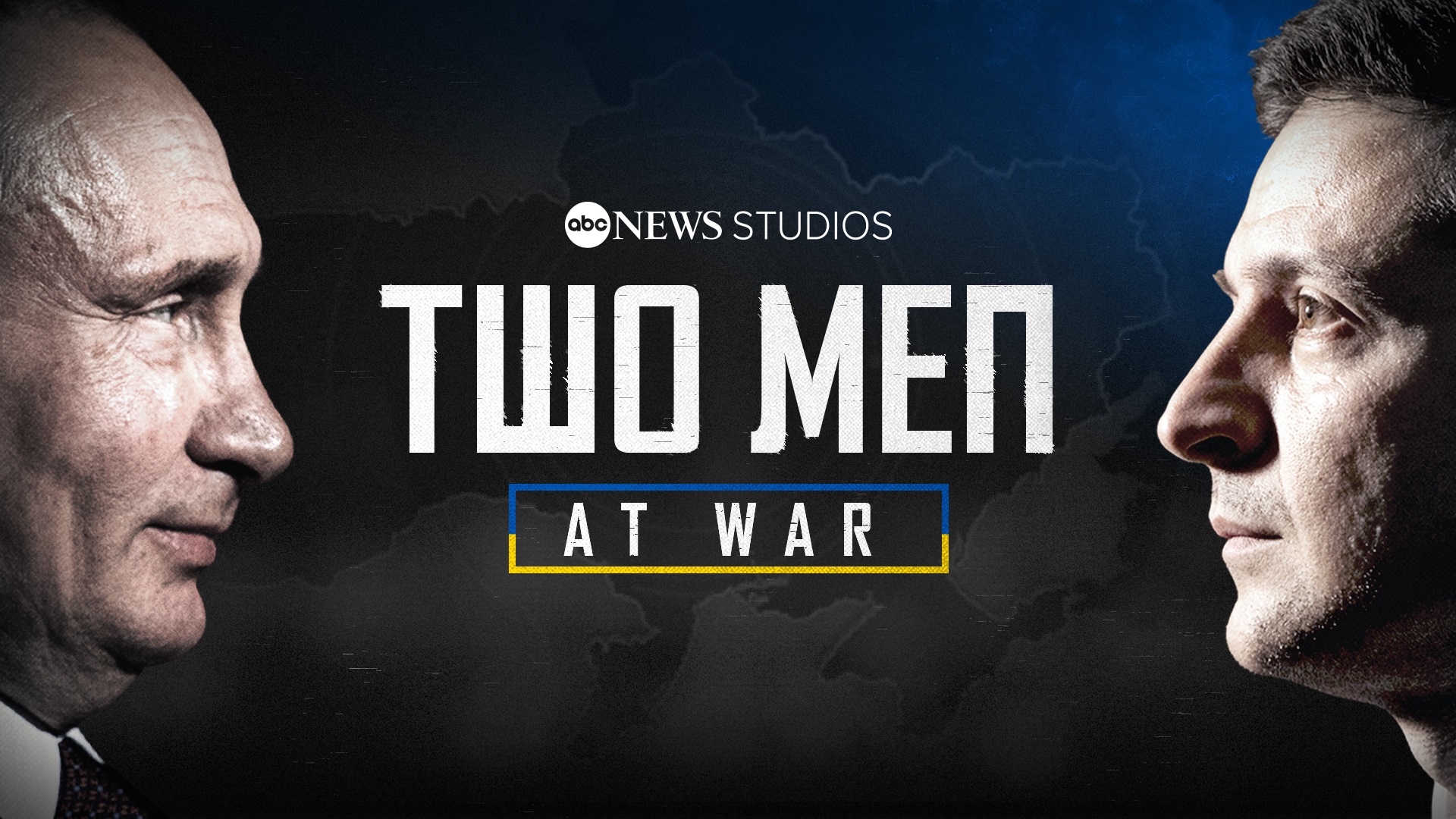Russia-Ukraine updates: Putin says 'certain positive movements' in negotiations
A third round of talks between Russia and Ukraine ended without any resolution.
Russian forces are continuing their attempted push through Ukraine from multiple directions, while Ukrainians, led by President Volodymyr Zelenskyy, are putting up "stiff resistance," according to U.S. officials.
The attack began Feb. 24, when Russian President Vladimir Putin announced a "special military operation."
Russian forces moving from neighboring Belarus toward Ukraine's capital, Kyiv, have advanced closer to the city center in recent days despite the resistance, coming within about 9 miles as of Friday.
Russia has been met by sanctions from the United States, Canada and countries throughout Europe, targeting the Russian economy as well as Putin himself.
For previous coverage, please click here.


Latest headlines:
- Ukrainian air force claims Russia carried out false flag airstrike in Belarus
- UN has credible reports of Russian cluster bomb use, attacks on health care
- Putin claims 'certain positive movements' in Ukraine negotiations
- Russian general prosecutor wants Meta declared 'extremist organization'
- Putin orders Russian military to help volunteer fighters from Middle East travel to Ukraine
UN bolstering assistance for growing number of displaced people
The U.N. said it is increasingly concerned about the nearly 2 million internally displaced people and nearly 13 million impacted by the Ukraine-Russia conflict.
Of particular concern are supplies of food, water, medicines and other necessities that are urgently needed in the hard-hit cities of Kharkiv and Mariupol, according to UNHCR spokesperson Matthew Saltmarsh. Access to these areas remains restricted because of military operations and hazards like land mines.
The U.N. High Commissioner for Refugees is working to provide heating stations at border crossings for those who are particularly vulnerable and is also working to roll out cash assistance.
-ABC News' Zoe Magee
Number of refugees from Ukraine rises to 2.5 million
The number of refugees in the Ukraine crisis has increased to 2.5 million, according to the United Nations High Commissioner for Refugees.
Commissioner Filippo Grandi called the conflict "senseless" in a tweet and said that the number of displaced people inside Ukraine had reached about 2 million.
-ABC News' Zoe Magee
Putin orders Russian military to help volunteer fighters from Middle East travel to Ukraine
Russian President Vladimir Putin has ordered his defense minister to assist “volunteer” fighters to travel to Ukraine to join Russian forces there.
The order appears to relate to Russian efforts to recruit Syrian fighters that U.S. officials have said are underway.
Russia’s defense minister Sergey Shoigu claimed to Putin that 16,000 volunteers from “the Middle East” had expressed a desire to come.
Shoigu claimed that the fighters, who he said had experience fighting ISIS, wanted to come not for money but a “sincere” desire to help.
U.S. officials have said they believe Russia is recruiting Syrians experienced in urban combat from its areas held by its ally, Syrian President Bashar Al-Assad. They are reported to be being offered just a few hundred dollars.
-ABC News’ Patrick Reevell
Senate approves $1.5 trillion funding bill with supplemental aid to Ukraine
The Senate passed a $1.5 trillion government funding bill late Thursday that includes $13.6 billion in supplemental aid to Ukraine by a vote of 68-31.
The legislation will now head to President Joe Biden's desk for his signature.
In a statement, White House press secretary Jen Psaki thanked leaders for "getting this bill done" and said Biden "looks forward to signing it into law."
"With these resources, we will be able to deliver historic support for the Ukrainian people as they defend their country and democracy," she said in part.
The supplemental Ukrainian aid is split between defense and nondefense funding. The $1.5 trillion also includes funding for many of the administration's priorities as well as sizable amounts for defense spending.
-ABC News' Allie Pecorin and Justin Gomez
NATO won't fight Russian forces in Ukraine
In a joint press conference in Estonia, when British Prime Minister Boris Johnson and NATO Secretary-General Jens Stoltenberg were asked why there isn't a no-fly zone over Ukraine, they said NATO will provide defensive military support by providing arms, but ultimately NATO is a defensive alliance and they won't fight Russian forces in Ukraine.
"When it comes to a no-fly zone... we have to accept the reality that involves shooting down Russian planes," Johnson said. "That's a very, very big step that is simply not on the agenda of any NATO country."
Estonia's Prime Minister Kaja Kallas said NATO should be prepared to defend the most vulnerable part of NATO, which is the Baltic countries, and need to move from a "forward presence to forward defense, and from air policing to air defense."
Johnson also said, "If Vladimir Putin thinks he's going to push NATO back by what he's doing, he's gravely mistaken. This will end up with a fortified and strengthened NATO on his Western flank -- you'll have more NATO, not less NATO."
-ABC News' Christine Theodorou